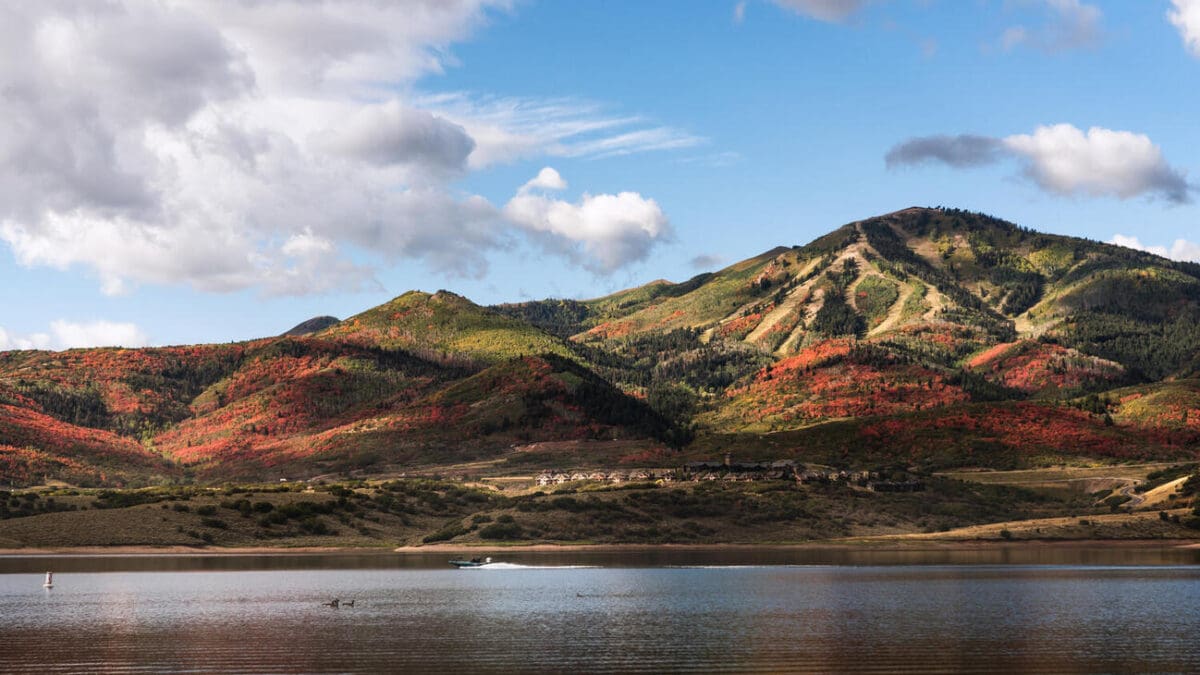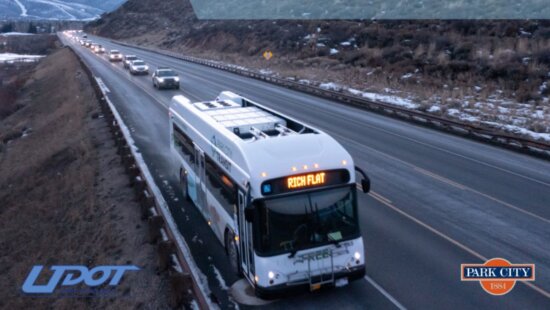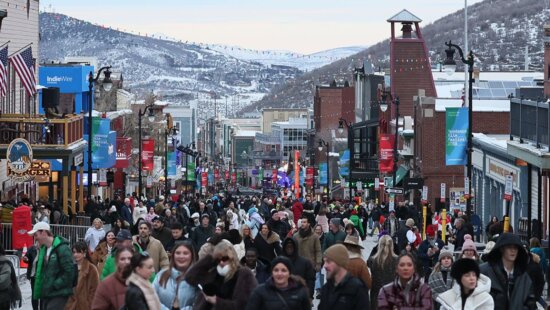Environment
Utah faces rapid reservoir decline; Park City urges residents to limit irrigation

Photo: TownLift
PARK CITY, Utah — Utah’s reservoirs are depleting at more than twice the usual rate, according to the Utah Division of Water Resources. Since June 1, the state has drawn down its reservoirs at an accelerated pace due to increased demand, low spring runoff and an exceptionally dry summer.
“Reservoirs are our first line of defense against drought and are vital for our communities and ecosystems,” said Candice Hasenyager, division director. “The rapid decline we’re seeing is a clear signal that we must be more vigilant and use less water.”
Statewide reservoir storage sits at 67 percent, only slightly above the seasonal norm of 65 percent but far below the 83 percent recorded at this time last year. The Great Salt Lake has also dropped two feet since April, from 4,193.6 to 4,191.6 feet, according to the U.S. Geological Survey.
Hasenyager said reservoir levels and the lake will continue to decline until cooler temperatures arrive and the irrigation season ends in October.
Local Action in Park City
While much of the state depends heavily on reservoirs, Park City draws from a variety of sources, most of which are not reservoir-dependent. The city relies primarily on groundwater from wells and tunnels, which respond more slowly to drought conditions and are currently only minimally impacted, according to Park City Water Division Manager Jason Christensen. However, Park City also imports water from the Weber River drainage near Rockport Reservoir through a contract with the Weber Basin Water Conservancy District, which can be reduced when multi-year drought lowers Weber River reservoir levels.
To protect supplies, Park City Municipal recommends that residents limit outdoor irrigation to twice a week, when possible. By city code, irrigation may not occur more frequently than every other day: properties with even-numbered addresses may water on even days, and odd-numbered addresses on odd days. Watering is prohibited between 10:01 a.m. and 6:59 p.m. during the irrigation season, and runoff onto sidewalks, streets and gutters is banned under Park City Municipal Code 13-1-21. Residents who wish to water less often may enroll in the “every-third-day” program by emailing the city’s water department.
Christensen said the city has permanent drought restrictions on outdoor water use but has not triggered its full drought ordinance this summer. “If water demand approaches the available supply, the city will implement additional restrictions,” he said. “That is not anticipated at this time but will depend on individual water use decisions during the end of this irrigation season.”
Tools and Incentives
Park City residents have access to a suite of digital tools and rebate programs to help reduce consumption. The city partners with WaterSmart to provide customized water reports, leak alerts, hourly usage tracking and conservation goal-setting. Rebates are also available through Utah Water Savers for smart irrigation controllers that adjust based on weather, as well as WaterSense-certified toilets.
Christensen urged residents to take immediate, practical steps to reduce outdoor irrigation, which accounts for the majority of summer water use. “Log onto parkcity.watersmart.com and review your property to see how water is being used. Sign up to receive alerts if usage increases,” he said. He also encouraged residents to compare their irrigation to the Weekly Lawn Watering Guide at conservewater.utah.gov and to fix mis-adjusted or broken sprinklers to prevent overwatering.
The city is also offering $3 per square foot of turf removed through its Landscaping Incentive Program, designed to help property owners replace grass with water-wise alternatives.
Preparing for the Future
Christensen noted that Park City has reduced water use per connection over the past 25 years and is investing in new treatment capacity at the 3Kings Water Treatment Plant. “We are well positioned for occasional drought years,” he said. “No system is immune to back-to-back droughts, and the best response is to ensure your outdoor irrigation is as efficient and thoughtful as possible.”




















